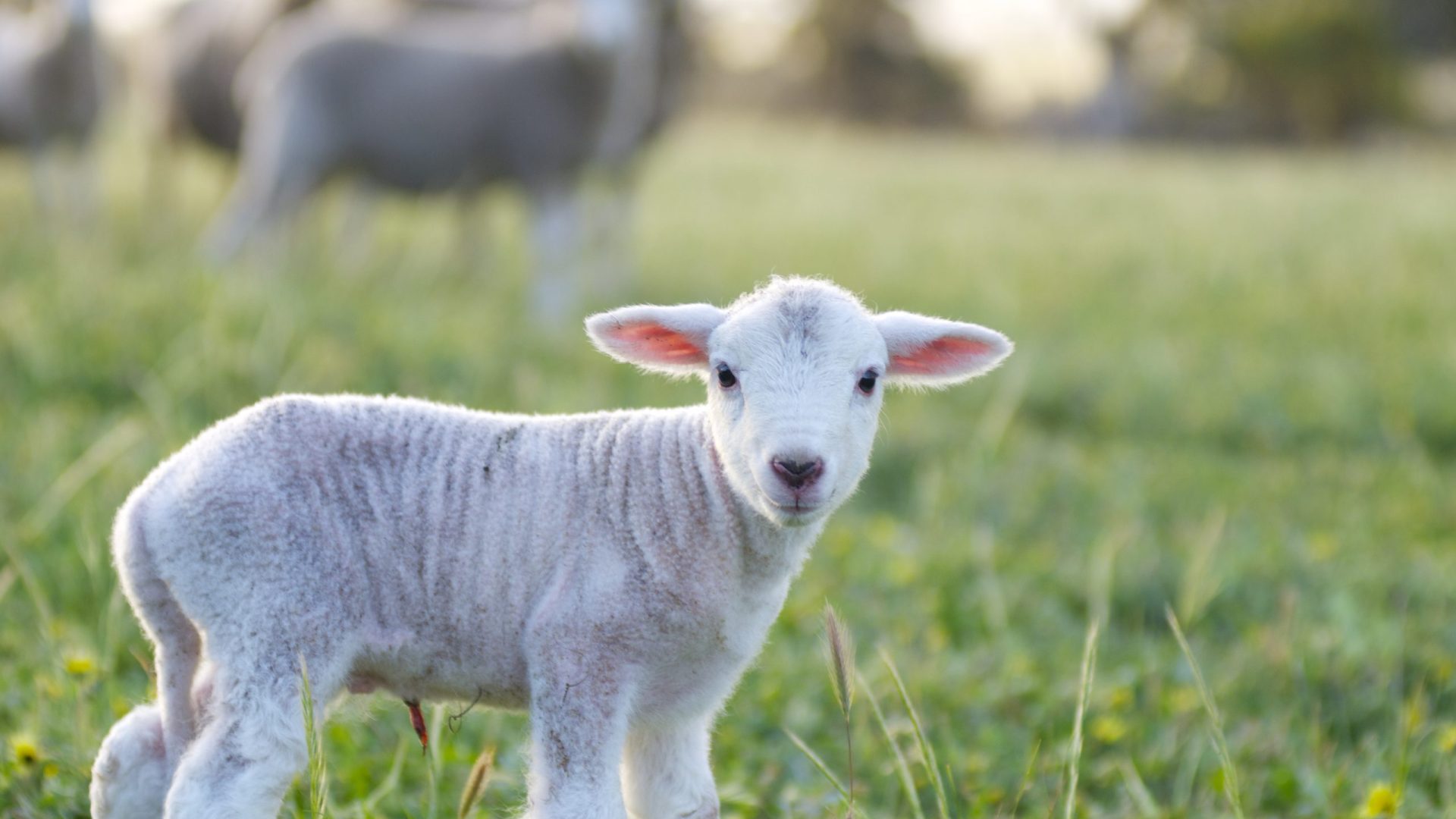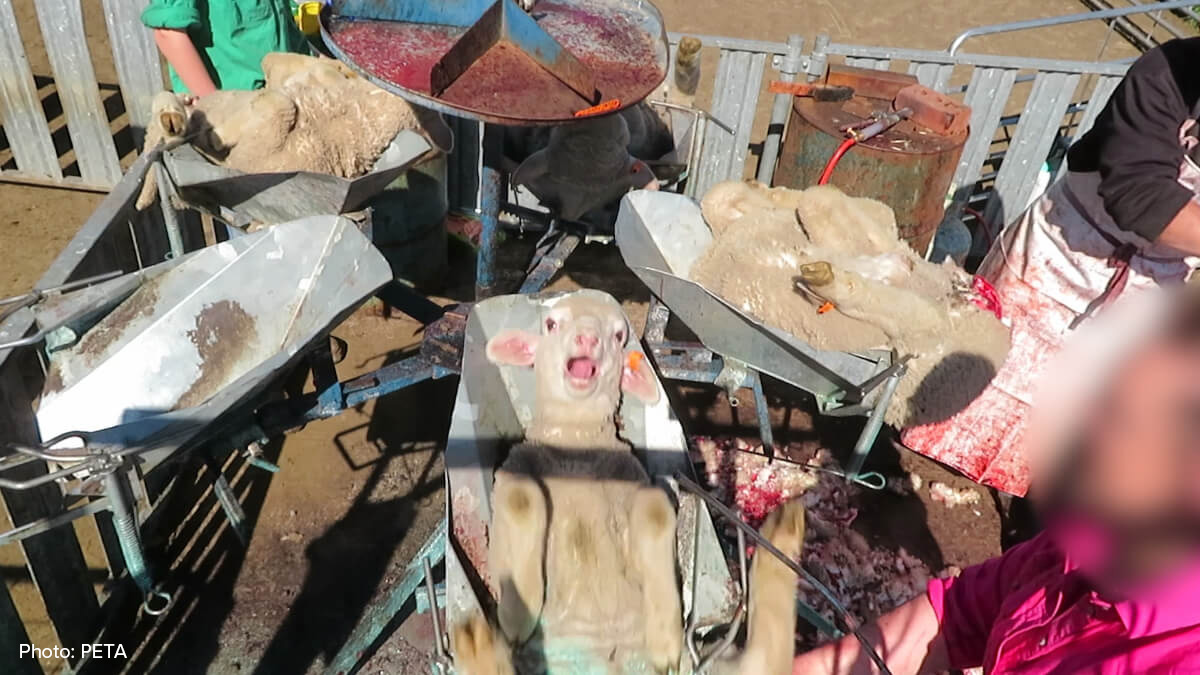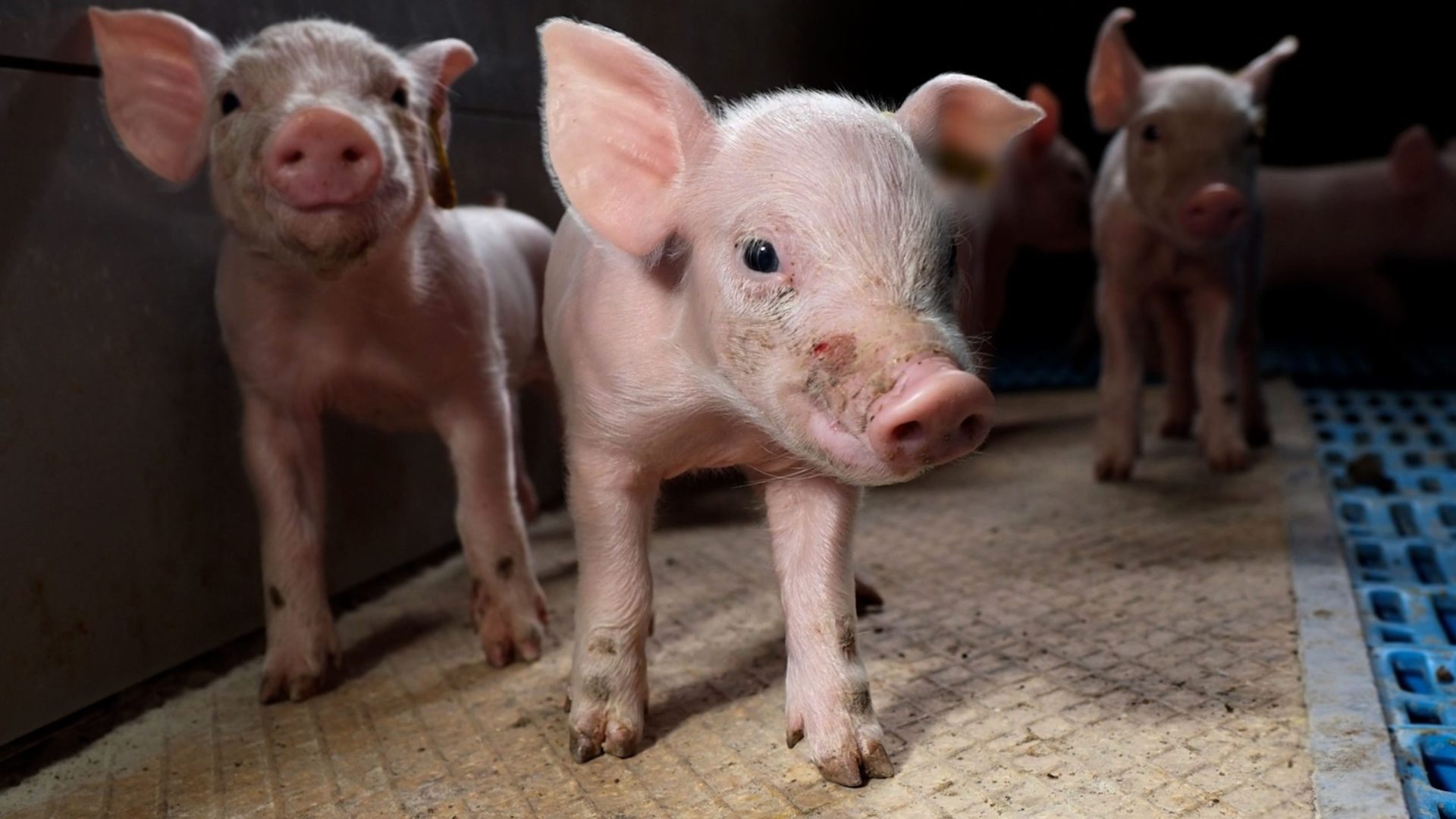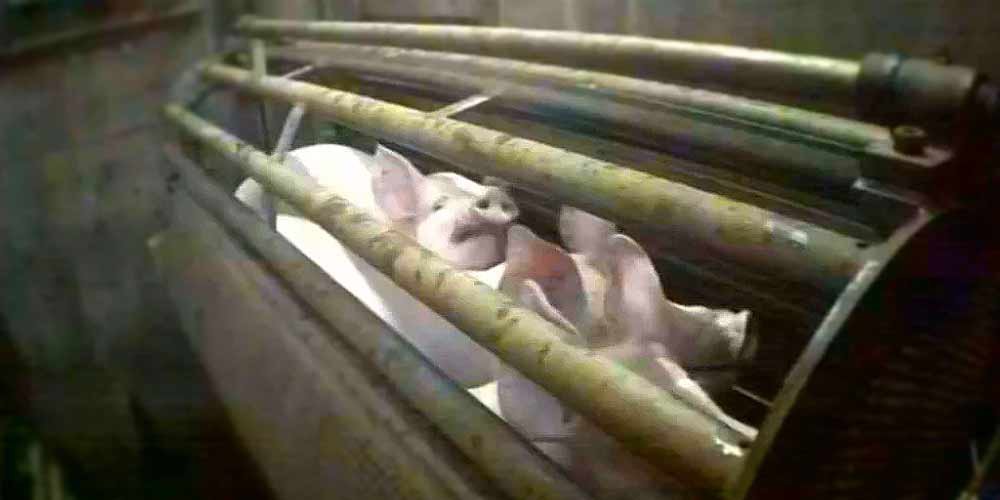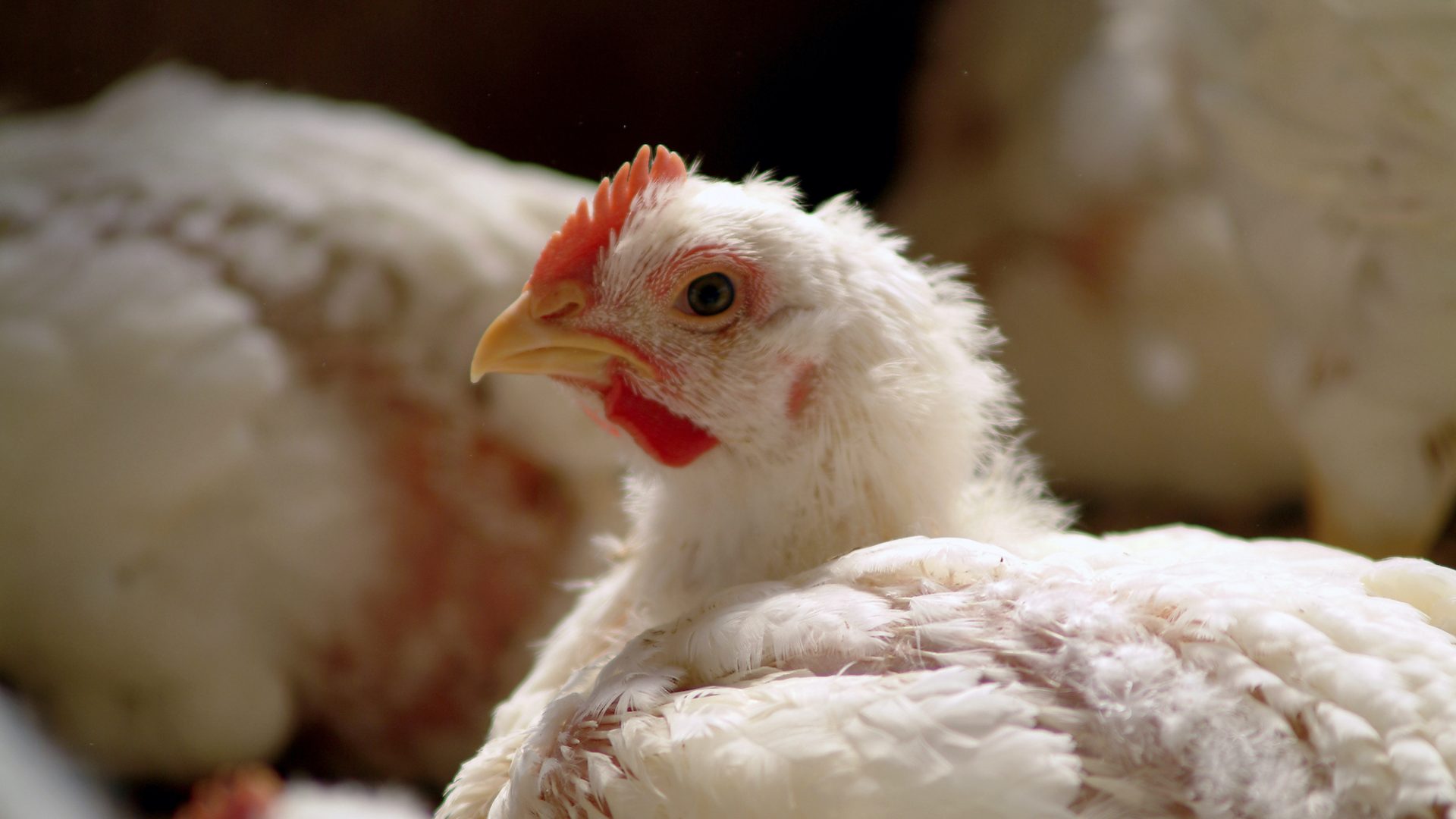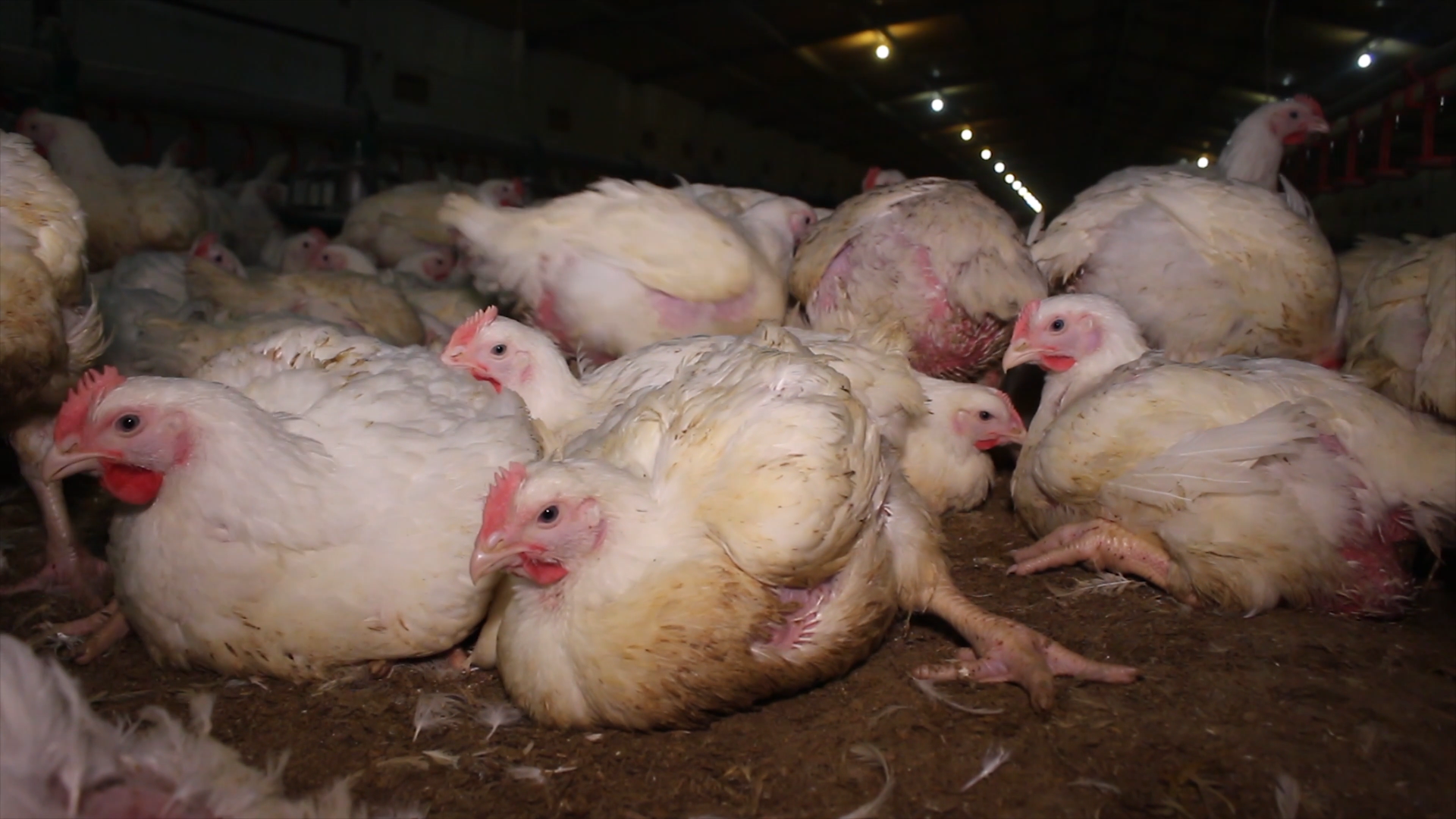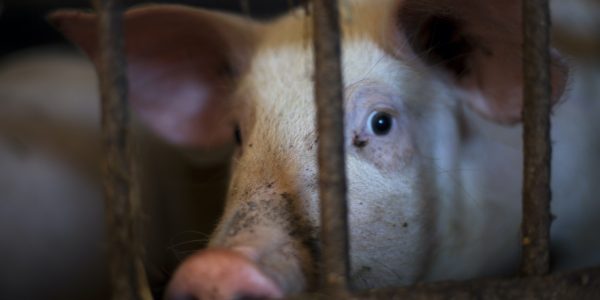Imagine if cats or dogs were intentionally bred to grow so rapidly that it caused them pain, had their tails cut off without any pain relief, or were kept from seeing sunlight until the last day of their lives…
It’s illegal to treat cats and dogs this way, but for animals bred into our food system, such treatment is legal and routine.
Australia’s animal welfare system is broken; with standards and policies prioritising profits, millions of animals across the country are exposed to cruelty that compassionate consumers wouldn’t condone. Change for these animals is long overdue. Now, the Fair Go for Animals campaign, launched by the Australian Alliance for Animals, is uniting caring people across the country to urge the government to build a fairer system.
Here are three animals who desperately need ‘a fair go’:



